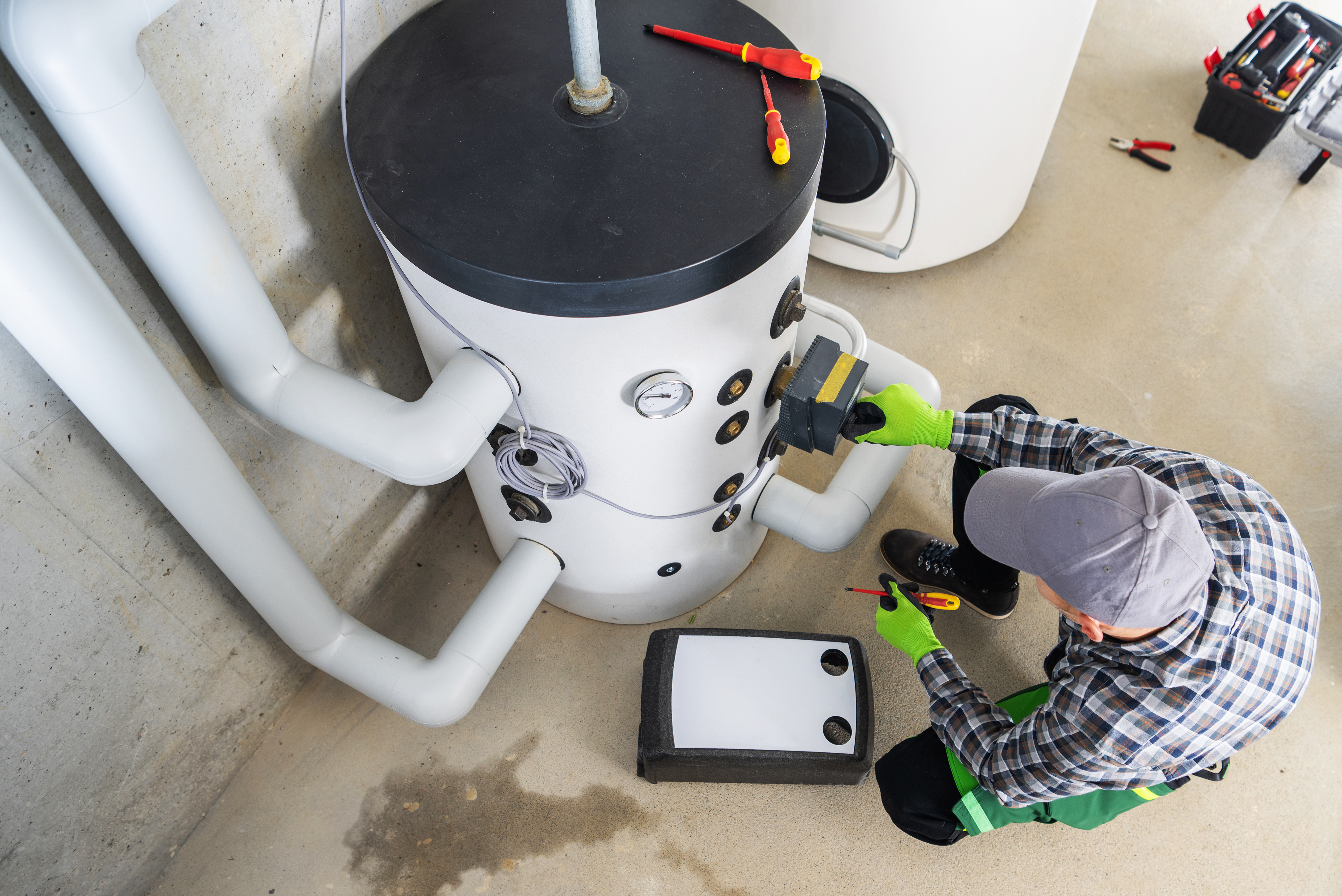Why Professional Toilet and Faucet Repairs Matter
Why Professional Toilet and Faucet Repairs Matter Toilets and faucets…

Maintaining your home’s plumbing system is crucial to prevent unexpected problems and costly repairs. This blog provides essential tips and insights from experienced licensed plumbers to help you keep your plumbing in top shape.
One of the first steps in effective plumbing maintenance is regular inspection and monitoring of your system. This proactive approach allows you to catch issues before they escalate. Look for signs of leaks, such as wet spots on floors and ceilings, or listen for dripping sounds inside walls. Checking water pressure regularly can also indicate potential problems; too high or too low pressure can damage your plumbing fixtures and pipes.
Preventative maintenance is critical to extending the life of your plumbing system and avoiding emergency calls to plumbers.

Seasonal changes can significantly affect your plumbing system, so adapting your maintenance routine is essential.
While many maintenance tasks are manageable on your own, there are times when a professional plumber is essential.
By following these essential residential plumbing maintenance tips, you can keep your system running smoothly and avoid the hassle and expense of unexpected repairs. Remember, when in doubt, contact the experienced licensed plumbers at Clarks Plumbing to provide peace of mind and expertly address your plumbing needs. Remember to visit our blog for more helpful maintenance tips and tricks!
Why Professional Toilet and Faucet Repairs Matter Toilets and faucets…
The Benefits of Hiring Licensed Plumbers for Commercial Plumbing Projects…
Common Commercial Plumbing Problems in Office Buildings Commercial plumbing systems…
The Importance of Regular Sewage Pump Maintenance Maintaining a well-functioning…
DIY Leak Repair Tips vs. Professional Services: Should You Fix…
Commercial Plumbing Challenges and Solutions Learn about common commercial plumbing…
Choosing Between Tank and Tankless Water Heaters: Expert Insights from…
Dealing with clogged drains, whether a slow-draining sink or a…
When it comes to plumbing issues, whether at home or…
The Essentials of Residential Plumbing Maintenance Maintaining your home’s plumbing…
When to Call for Emergency Plumbing: Signs You Can’t Ignore…